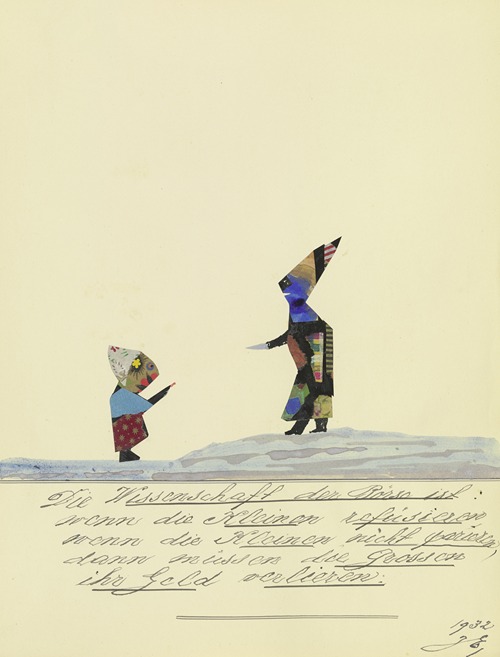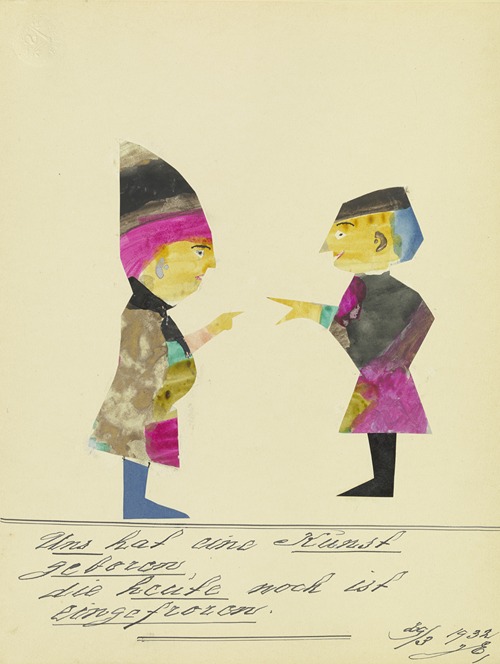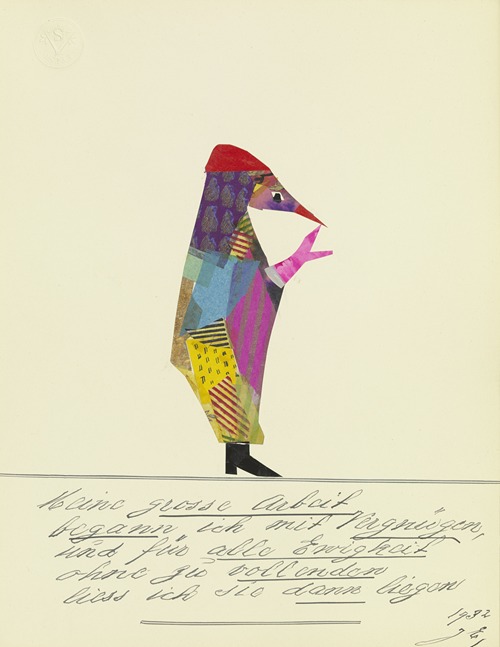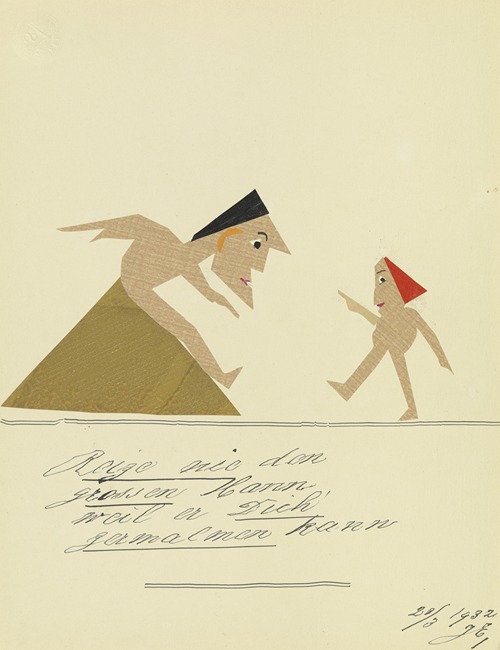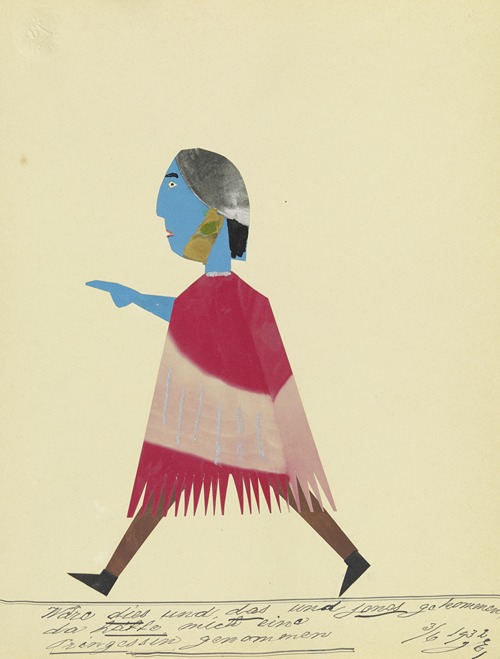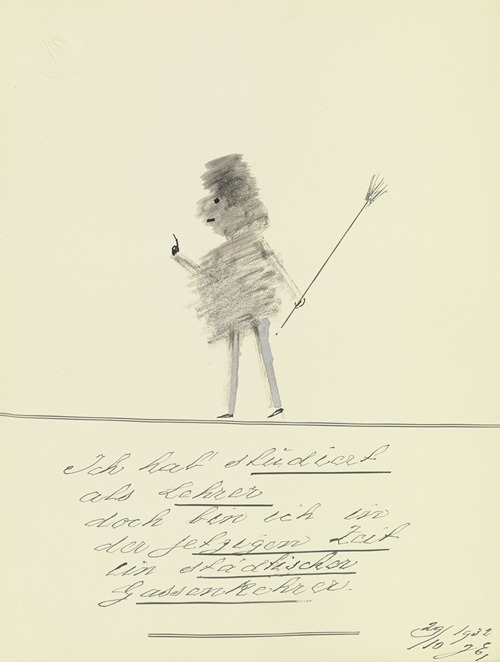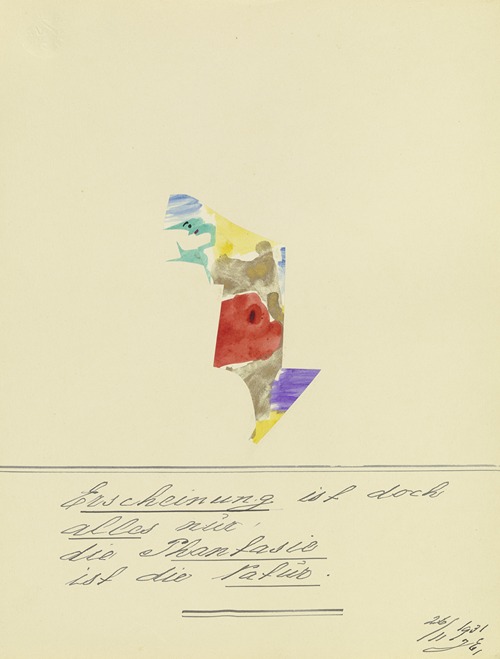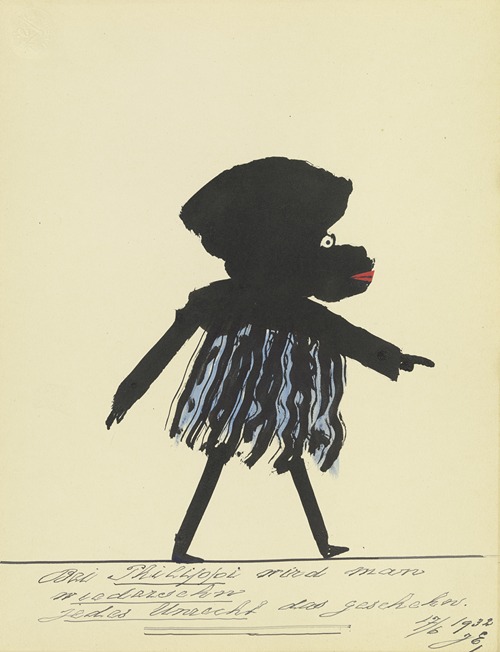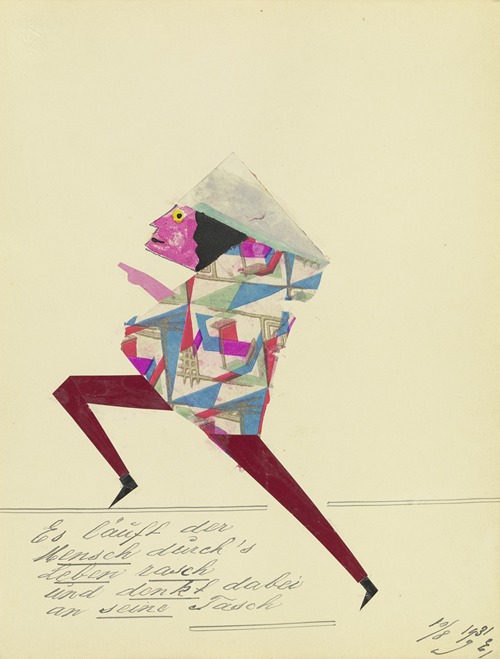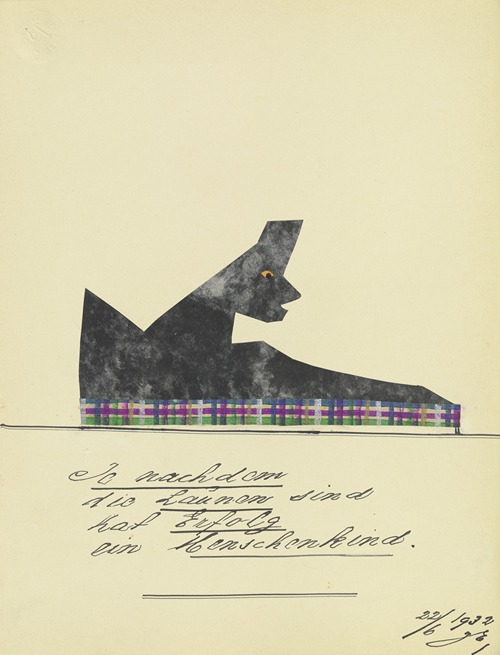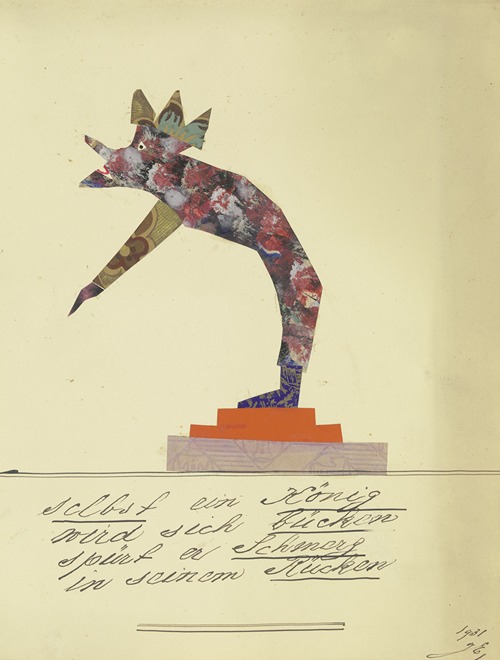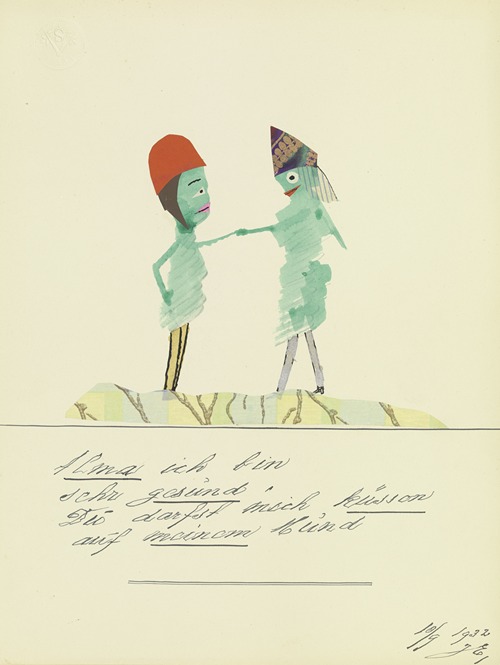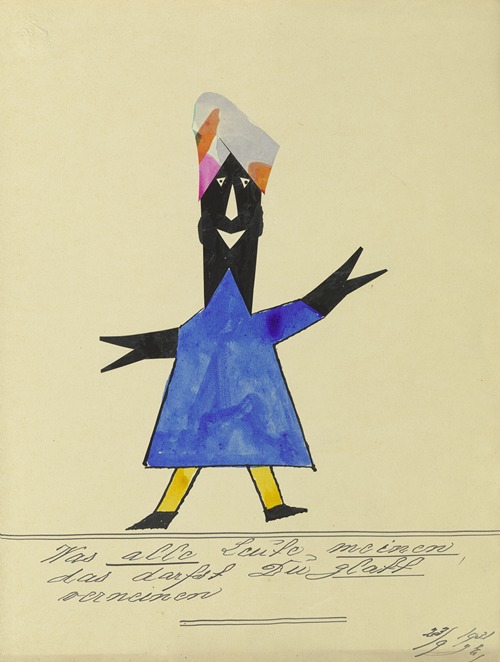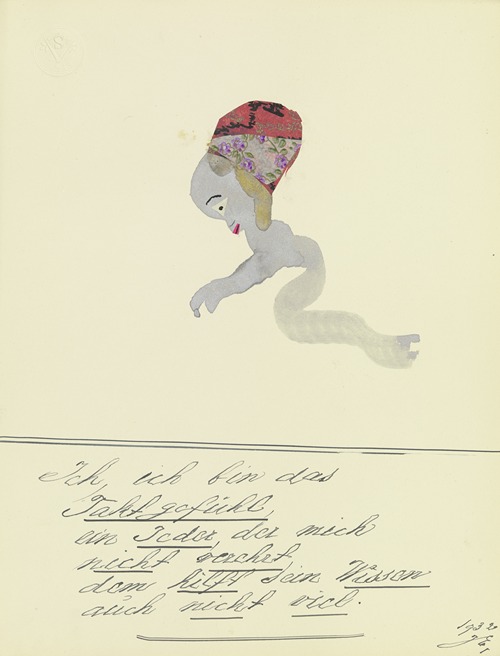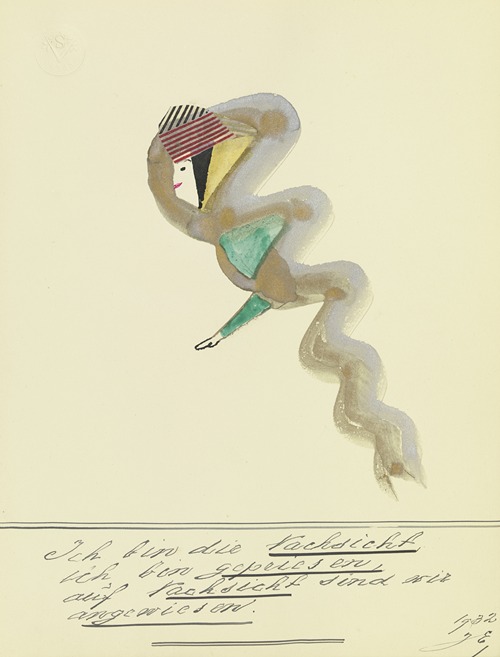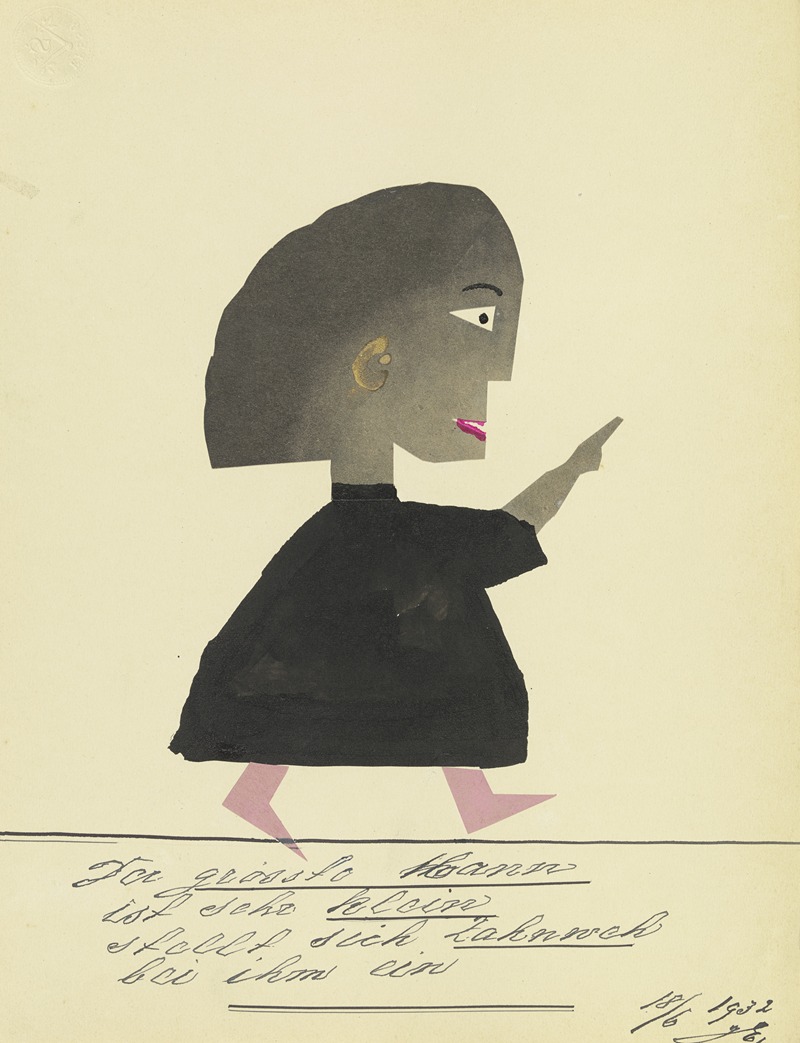
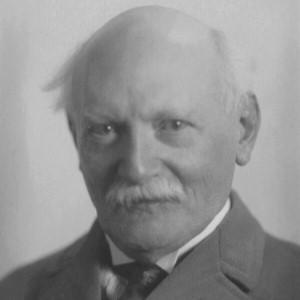
John Elsas was a German painter. He spent his professional life as a businessman and stock broker and only began his intensive work as a visual artist in 1927, at the age of 76. Elsas' extensive oeuvre was acclaimed by critics around 1930; Afterwards it was forgotten for around 70 years.
Only a few documents provide evidence of John Elsas's CV. He arrived on July 6, 1851 as the second youngest of four children of his parents Baruch and Johanette (Jenny) Elsas, née Hanau, in the house Lit. 15 on Wollgraben 11 in Frankfurt's Old Town to the world. From 1857 to 1867 he attended the Philanthropin, the civic and Realschule the Israelite community. At that time the school was headed by Sigismund Stern.
After school, he completed commercial training in his father's company. On June 29, 1881 he married Pauline Manes (1857-1911), with whom he had three children: Karl (1882-1922), Fanny (1884-1966) and Irma (1887-1944). Karl died from the long-term effects of wounds from the First World War. Fanny married in Switzerland. Her second marriage was to Friedrich Raff in 1916. Elsas lived in the same household with his younger daughter Irma until his death.
The self-taught John Elsas discovered talent and a penchant for artistic work when he began working for his two grandchildren at the age of almost 70 to produce illustrated letters, stories and verses containing general wisdom and educational advice. When a serious illness confined him to the house, he developed his special style: the combination of different techniques - watercolor, ink drawing, collage - on one sheet, mostly two- or four-line texts at the bottom of the picture, which he himself referred to as Knittelverse. Towards the end of the 1920s his works attracted attention in the galleries of various German cities as well as in Paris and Zurich benevolent interest, which increased his already unusual productivity. His last sheets, packaged by Irma Elsas in 1935, bore the numbers 25,000 – 25,025.
John Elsas, who had worked as a stockbroker for more than 40 years, died on June 5, 1935. He painted one of his watercolors in 1930 the text: “My whole life was a mistake / that’s when I became a painter and storyteller”. He was buried in the old Jewish cemetery on Rat-Beil-Straße in Frankfurt am Main.
